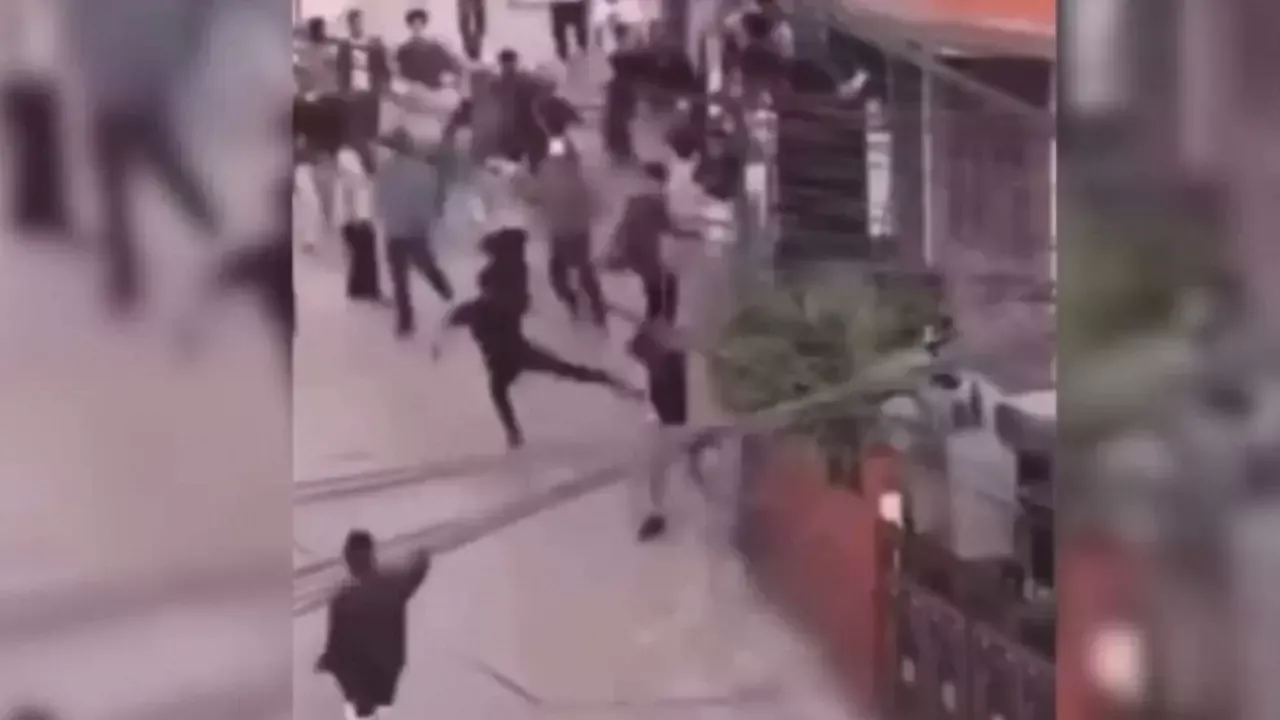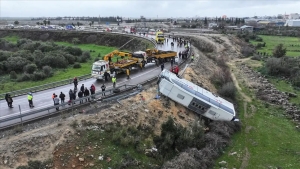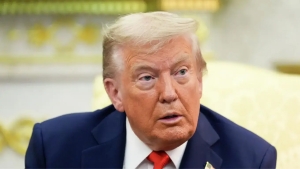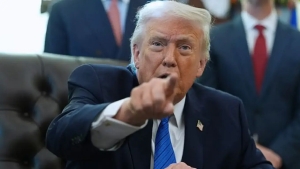Political crisis and mass protests intensify in Nepal

Political instability is intensifying in Nepal. This was reported by Zamin.uz.
On September 9, the country's Finance Minister Bishnu Prasad Paudel was beaten by mass protesters. Videos circulating on the internet show the 65-year-old minister running through the streets of Kathmandu, with hundreds of angry people chasing him.
A young protester kicked the minister, causing him to lose his balance, hit a wall, and fall to the ground. Additionally, according to the "Khabarhub" publication, former Prime Minister and Congress party leader Sher Bahadur Deuba and his spouse were also attacked.
It was reported that protesters entered the area of the Presidential Palace. These events indicate the growing political and social tension in the country.
In the last two days, a wave of mass protests has surged in Kathmandu. The reason cited is the government's restriction on social networks and messenger services.
Since September 4, services such as WhatsApp, Facebook, and Instagram have been temporarily blocked in Nepal. According to official information, these platforms were not registered compulsorily with the Ministry of Communications and Information Technology.
However, the public perceives this as censorship and demands transparency and freedom from the government. According to "The Himalayan Times," more than 500 people have been injured to varying degrees during the protests.
To control the situation, the authorities imposed a curfew around the parliament and central squares. However, these measures did not help suppress the protests.
As a result of the wave of protests and escalating violence, the ministers of Internal Affairs, Agriculture, Health, and Water Supply were forced to resign. This led to a deepening political crisis within the Nepalese government.
Prime Minister Sharma Oli announced that an inter-party meeting would be convened at 18:00 local time. However, after the situation escalated and new clashes occurred in central Kathmandu, President Ramchandra Paudel decided to dismiss the prime minister.
These events in Nepal signal serious changes in the country's political system. The widespread public discontent has become a major challenge for the government.
Now, attention is focused on the renewal of political processes.







